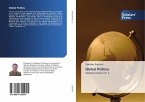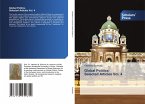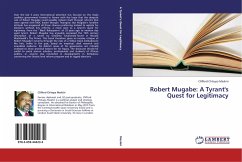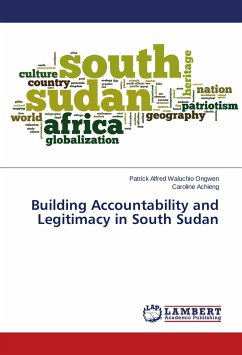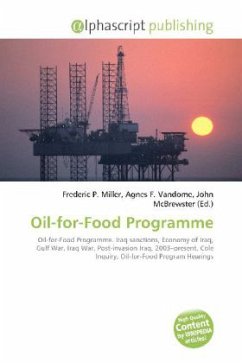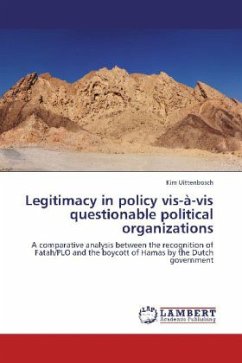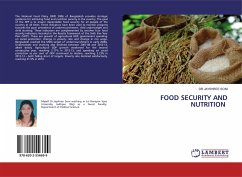The world faces many complex and difficult problems at the global level - problems that are increasingly recognized as requiring political as much as technical solutions. While such issues are often taken to concern, in broad terms, global governance, more specifically, the political aspects of such governance are fundamentally linked to interactions between the United Nations system and the power exercised by the United States of America (US). One important and distinctive arena within which these interactions can be viewed is the international food aid regime, and its central organization, the World Food Programme (WFP) - an area lacking in concerted political science study in recent years. This thesis is concerned with the role of the US in shaping the legitimacy of the WFP within the institutional context of the international food aid regime. Legitimacy is defined as deriving from the three elements of inclusion, accountability, and effectiveness. The WFP and international regime are, it is argued, well respected, relatively effective, and enjoy high levels of legitimacy.
Bitte wählen Sie Ihr Anliegen aus.
Rechnungen
Retourenschein anfordern
Bestellstatus
Storno


